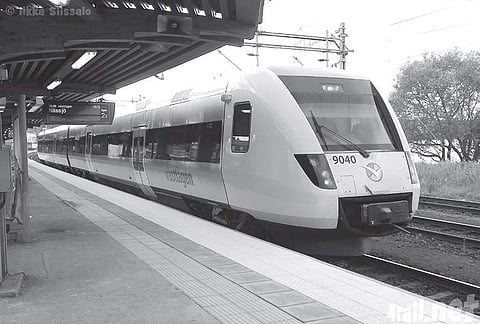

THIRUVANANTHAPURAM: While the estimated cost of the proposed Semi High-Speed Rail project, SilverLine, between Thiruvananthapuram and Kasaragod has raised many an eyebrow, an RTI reply from NITI Aayog has revealed that it has supported the proposal based on two main conditions. The repayment of loans and cost overrun will be the sole responsibility of the state government.
RTI activist M T Thomas says, the reply reveals that “there will not be any obligation on the Centre with respect to the repayment or interest or cash loss under the tripartite agreement for multilateral loans/bilateral funding (including from fluctuation) and there will not be any budgetary support of the Centre or further multilateral/bilateral debt for funding any cost overrun under the project”.
In another communication, NITI Aayog said though Kerala Rail Development Corporation Limited (K-Rail) requested for equity contribution of Rs 7,720 crore, the joint venture had to reduce the equity contribution of the Railways to Rs 2,150 crore considering the limited resources available with the ministry for funding its own operating expenditure and expansion plans.Earlier, NITI Aayog had communicated to the state that the project cost would come around Rs 1,26,000 crore.
However, K-Rail was confident to complete the project at the estimated cost of Rs 63,940 crore. Hence, the latest communication underscores that the Centre will not take any additional liability and it would be the sole responsibility of the state government to repay the loans and shoulder the cost overrun, if any. Former Planning Board member G Vijayaraghavan said, according to his estimate, the project cost would be quite higher than the present estimate.
K-Rail officials are of the view that most of the north Indian projects are built on elevated structures and normally the cost would be high. “In our case, since more than 60% of the alignment is on embankment and 19% on cuttings, the cost would be less. If the normal broad gauge tracks can be built at a cost of Rs 40-50 crore per kilometre, the semi high-speed tracks can be built at a cost of around Rs 120 crore per kilometre. If the same project is in Tamil Nadu or in Andhra Pradesh, it can be built at a cost of Rs 80 crore per km,” one of them said.